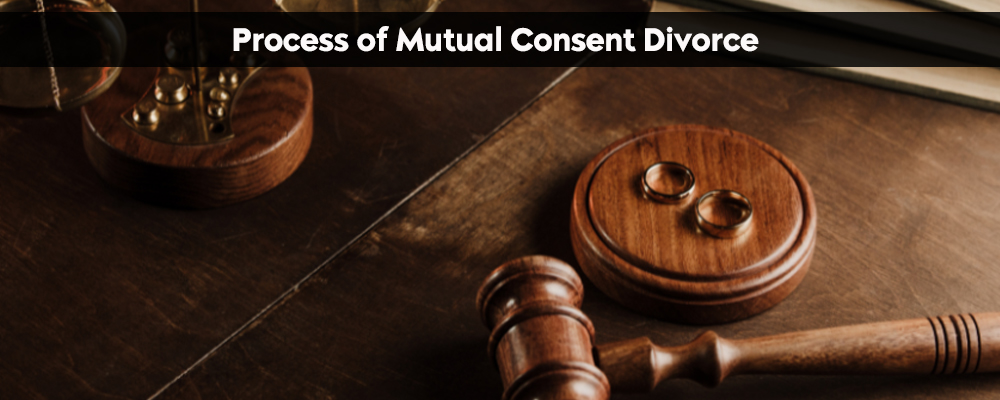According to the Hindu Marriage Act of 1955, both the husband and the wife have the legal right to file for a divorce on the grounds listed in Section 13 in order to end their marriage. If the divorce is filed by one party, it is called a contested divorce. However, sometimes the couple agrees that they are unable to continue with their marriage and file a joint petition for the dissolution of their marriage as provided under Section 28 of the Act of 1954. It is known as the divorce by mutual consent.
The first and most important step you must take is to hire a divorce lawyer in Noida or in the city you are currently residing in in order to file for a divorce petition, either against your partner or by mutual consent. It is most important that you understand the grounds for divorce, procedure for divorce or any other law related to divorce law, which could be told by an experienced divorce lawyer in Delhi or the area you are filing for divorce.
Need A Legal Advice
The internet is not a lawyer and neither are you. Talk to a real lawyer about your legal issue

Conditions provided under the Section 13-B of the Hindu Marriage Act
- The couple has been living separately for one year or more.
- They are unable to live together.
- Both husband and wife have mutually agreed that the marriage can’t be continued and have decided to go their separate ways. Under these circumstances, divorce by mutual consent can be filed.
Where to file for divorce
The petition for the dissolution of marriage can be filed in-
- The court where the couple last lived.
- The court under whose area of jurisdiction marriage was solemnised
- The court where the wife is residing at present.
Procedure for divorce by mutual consent
1. To file the petition-
Firstly, a joint petition for the dissolution of marriage has to be presented by both the parties to the family court. The petition could be filed on the ground that they have been living separately for some time i.e. for a period of one year or more and have mutually agreed to dissolve their marriage.
2. Inspection of the Petition-
After the petition has been filed, the parties have to appear before the family court.
The parties shall be represented by their respective lawyers.
The petition and the documents shall be observed by the court.
The Court could attempt for reconciliation among the spouses, however, if there is no possibility for reconciliation, the matter shall be forwarded for divorce proceedings.
3. Recording of statements-
After the court scrutinises the petition, it shall order for the statement of the parties on oath.
4. First Motion and the period of 6 months-
After the statements are recorded by the court, the order for the First Motion is passed by the Court.
A period of six months is ordered by the court, for the parties to cool down and to again decide over the matter of the divorce with a calm mind, after which, if they still wish to file for divorce, they can file for a second motion.
From the date on which divorce petition was filed, a maximum period of 18 months is provided for filing for second motion.
5. Second Motion and final hearing-
If the parties have decided to continue with the divorce, they can appear for a second motion, and hence the proceedings for final hearings could be initiated.
The Supreme Court has recently held that the period of 6 months could be waived off if the parties have mutually decided to separate their ways and have been living separately for some time.
Thus, in case the parties have settled their differences, custody of the child or any other issue between the parties, including the financial settlements etc., the period of 6 months could be waived off.
Or in case the court is of the opinion that the period of 6 months would only extend their suffering, the period of six months could be waived off.
6. Decree of Divorce-
In the case of divorce by mutual consent, the parties must have given their consent and there shall be no difference in opinion in the matters related to the issues such as custody of child, alimony, maintenance, etc. Thus, the agreement between the partners shall be there in relation to the dissolution of marriage.
If the court is satisfied that there is no possibility of reconciliation between the parties, it can pass a decree of divorce and declare the dissolution of marriage.
Divorce is as huge a decision as is marriage. Thus, before taking the ultimate step, it is advised to seek the opinion of an experienced matrimonial lawyer in Gurgaon or the city where you are opting to file your case, so as you know what you are getting into, what are the various options available to you as provided by the law. Lead India offers you a team of experienced lawyers who have been successfully dealing with the cases involving divorce cases, matrimonial issues, child custody cases, etc.





 Talk to a Lawyer
Talk to a Lawyer